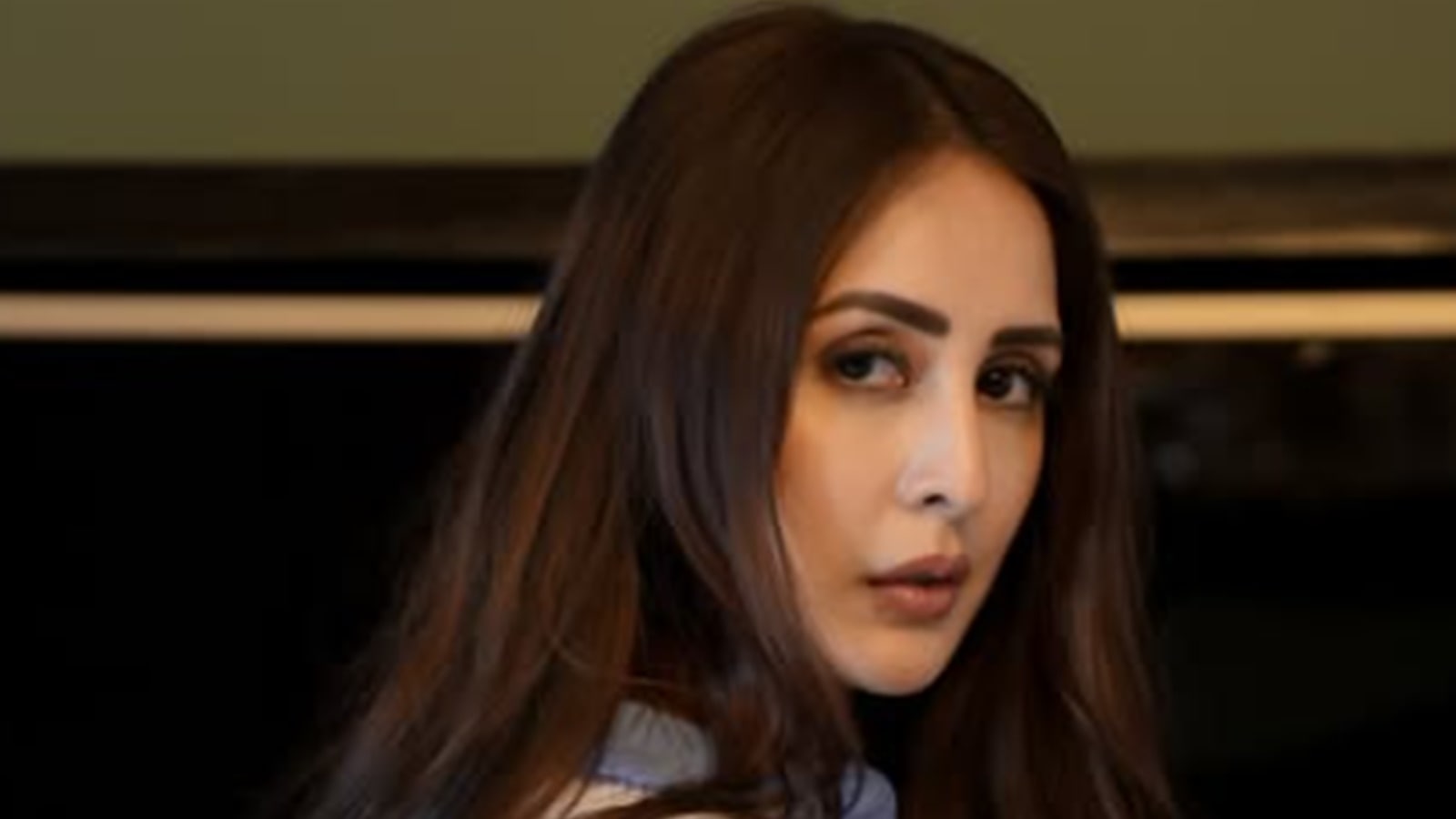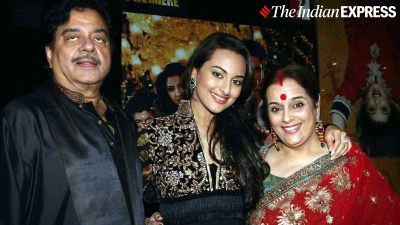📣 For more lifestyle news, click here to join our WhatsApp Channel and also follow us on Instagram
‘People say I was the common person in both divorces’: Chahatt Khanna opens up about being blamed for two failed marriages; why women are held accountable
Having married at the age of 19 to her first love -- someone she met when she was just 16 -- Chahatt Khanna recalled how her family was concerned about her young age
 Chahatt Khanna on her failed marriages (Source: Instagram/Chahatt Khanna)
Chahatt Khanna on her failed marriages (Source: Instagram/Chahatt Khanna)Actor Chahatt Khanna, known for her roles in popular TV shows like Bade Acche Lagte Hain, has often been vocal about her personal experiences and the societal judgment that follows.
In a recent episode of The Male Feminist hosted by Siddhaarth Aalambayan, Chahatt opened up about her two failed marriages and how they’ve shaped her perception of societal bias. “People have many preconceived notions, and sometimes we also have to give them the benefit of the doubt. People presume that because not one but two of her marriages failed, the girl would be the problem. Because people say that I was the common person in both divorces, so I might be the problem. So, because of this, I have to constantly make people understand, and now I am tired of doing it.”
Having married at the age of 19 to her first love — someone she met when she was just 16 — Chahatt recalled how her family was concerned about her young age. “It was my first love, and then we got married. It was very old-school, and we met on the street. I was 16, and at 19, I got married… Family was not happy because I was too young, and now that I look back at it, they were right to think so. The marriage lasted for 4 months, and we got divorced after that. There was harassment of all sorts.”
Today, the actor says she has grown tired of constantly explaining her side to people. “But now I am like, okay, bring it on, I am the bad guy. How many people would you convince at the end of the day?” she said.
But, why does society tend to hold women more accountable than men in the case of multiple divorces?
Psychologist Rasshi Gurnani tells indianexpress.com, “As a psychologist, I’ve seen time and again how women are disproportionately held accountable when a marriage ends. There’s a cultural expectation that women should be the caregivers, the problem-solvers, and the emotional anchors in relationships. So when things fall apart, the assumption is often that she must have failed in her duty. Men, on the other hand, are rarely subjected to the same level of blame or interrogation, which reflects the larger gender bias that still exists around marriage and divorce.”
Psychological and emotional implications of marrying at a very young age
Marrying at such a young age comes with significant psychological and emotional implications. Gurnani states, “At 19, most individuals are still in the process of forming their identity. The brain’s emotional regulation and decision-making faculties are still developing, which makes it difficult to fully grasp the responsibilities and long-term consequences of marriage.”
Young marriages often emerge from idealism, societal pressure, or emotional impulse, rather than a deep understanding of compatibility and life goals, she stresses. “When these relationships become difficult, young individuals may lack the tools, emotional maturity, or support to navigate them healthily, leading to isolation, confusion, and distress.”
What kind of support systems and education are essential to help young women recognise their rights and protect themselves in such situations?
Chahatt courageously shared that she experienced harassment in her first marriage and emphasized the importance of awareness. Gurnani mentions, “Comprehensive education around consent, boundaries, and abuse needs to start early, both in schools and at home. Additionally, accessible support systems — such as mental health resources, helplines, legal support, and community-based networks — are crucial. These create safe spaces where women can seek help without fear of stigma or blame.”
📣 For more lifestyle news, click here to join our WhatsApp Channel and also follow us on Instagram
- 01
- 02
- 03
- 04
- 05



























